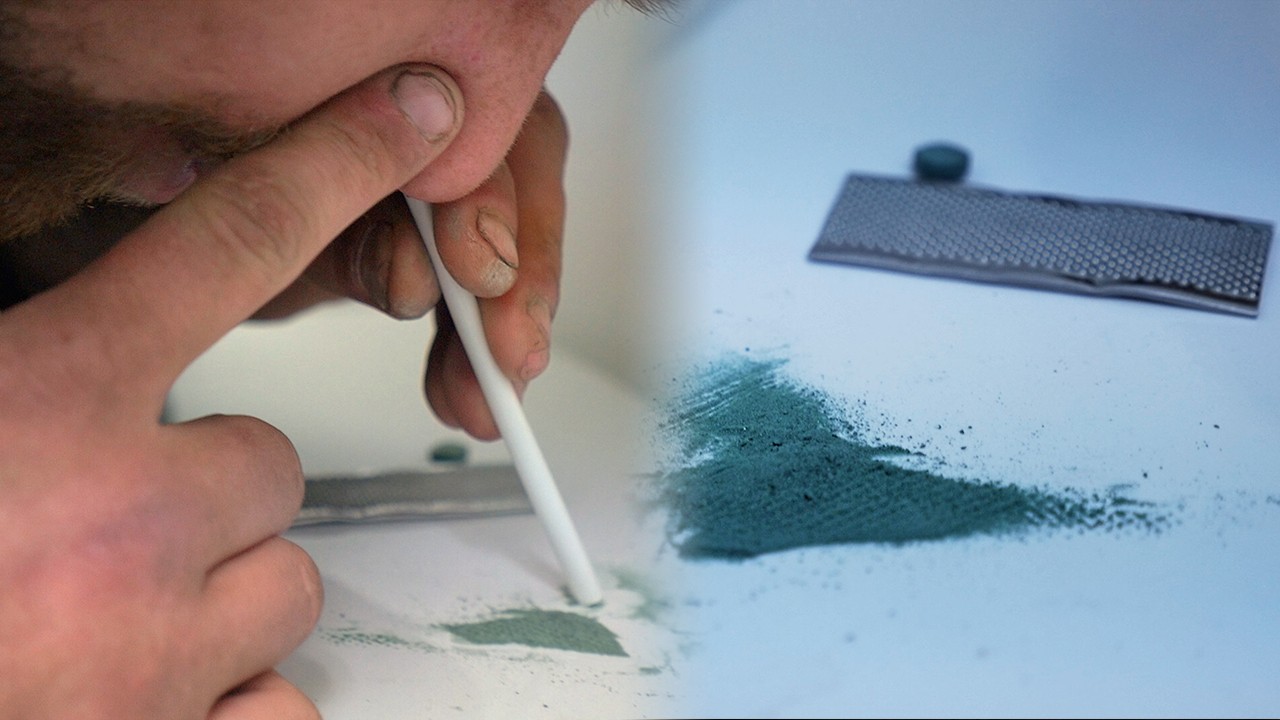Image via Shutterstock
The Government is investigating a change to drug legislation, potentially paving the way for recreational drug-testing stations to operate at upcoming music festivals without fear of prosecution.But independent organisation KnowYourStuffNZ has taken advantage of a “legal grey area” and has operated its own drug-testing stations at the country's summer festivals over the past four years. The organisation has found that up to a third of recreational drugs tested have contained unexpected and sometimes harmful substances, like fentanyl.The deadly opiate was detected—for the first time in New Zealand’s illicit drug market—at one of its festival drug-checking stations. Fentanyl is about 50 times stronger than heroin and has been responsible for thousands of overdose deaths across Canada and the US. The Government has been reluctant to alter the law, with Health Minister David Clark wary that a change could be perceived of as encouraging or sanctioning recreational drug use. But it appears the Labour-led Government’s approach to drug use—as a “health and harm reduction issue," Clark told the Herald on Sunday has inspired a change of heart.
The Government has been reluctant to alter the law, with Health Minister David Clark wary that a change could be perceived of as encouraging or sanctioning recreational drug use. But it appears the Labour-led Government’s approach to drug use—as a “health and harm reduction issue," Clark told the Herald on Sunday has inspired a change of heart.
Under The Misuse of Drugs Act it is an offence for a venue to knowingly permit illegal drug-taking, and event hosts have often been unwilling to allow drug-testing stations to operate on their grounds for fear of prosecution.
Advertisement

Clark announced yesterday that he was seeking advice from Justice Minister Andrew Little about the removal of legal barriers to festival drug testing. A spokeswoman for Little said the request had been received but that no advice had yet been given.KnowYourStuffNZ director Wendy Allison said removing the law was an obvious step towards drug safety, with half of those who were told their drugs were not what they seemed deciding not to take them. "We would be able to reach far more people, and some of the events that have been unwilling to go down the harm reduction track because they are afraid of the law, would then be able to introduce our service," Allison said.